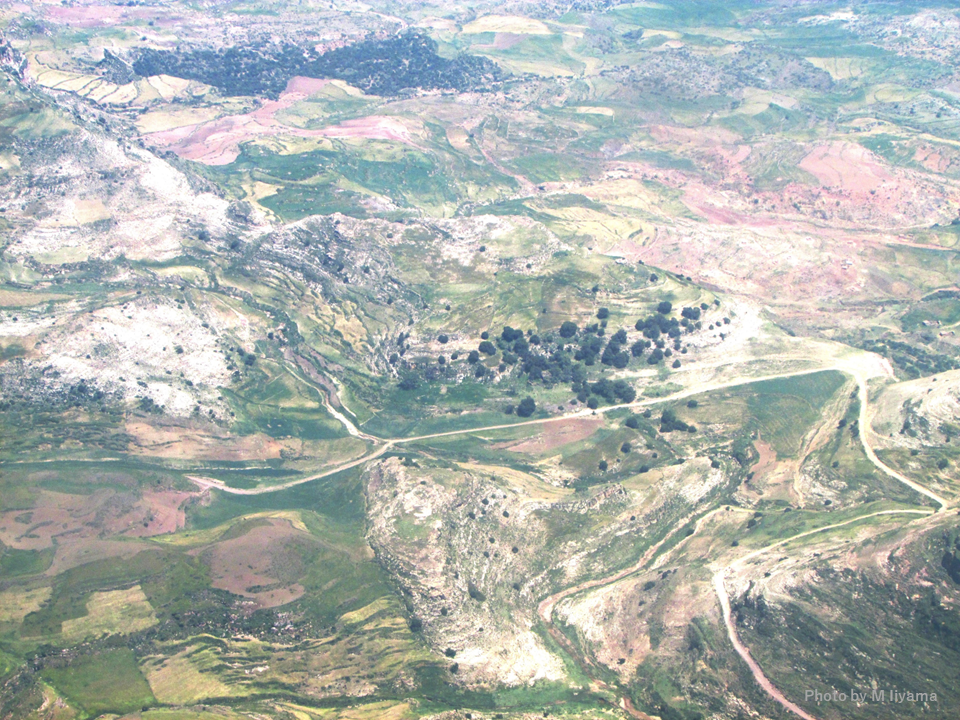Pick Up
1091. Attribution Science for Loss and Damage

1091. Attribution Science for Loss and Damage
Extreme weather events around the world are disproportionately hitting vulnerable developing countries. In response to this, there is an urgent call for loss and damage funds. The paper, published in PNAS Nexus, proposes a vision for integrating multiple methods for attribution science that analyze the causal relationship between extreme events and anthropogenic climate change for investment decision-making.
The Intergovernmental Panel on Climate Change (IPCC) concludes in its latest assessment report (AR6) that "anthropogenic climate change is already affecting weather and climate extremes in all regions" and that this has resulted in "widespread adverse effects and associated losses and damage." Behind this assessment is the advancement in attribution science that links the impact of extreme events to anthropogenic climate change. In fact, in the last few years, many extreme weather events have resulted in catastrophic loss and damage, including devastating floods in Pakistan, record-breaking heat waves in Canada, and prolonged droughts in Europe and South America, all of which have been found to have a clear climate change impact. On the other hand, in some cases, such as extreme rainfall and flooding in Central Africa, a lack of data has prevented us from drawing conclusions about the role of climate change.
In the midst of these developments, at COP27, a fund was established to help vulnerable developing countries respond to loss and damage (L&D). Currently, the resources of the L&D Fund are significantly inadequate to cover the losses expected to be faced by developing countries, but it is hoped that a more realistic level of funding will be promised in the future. Throughout 2023, proposals on how the fund should work, how it should be managed, and where it should be placed will be adopted at COP28, and in 2024, there will be further discussions on how the fund should be managed.
L&D attribution needs to address the challenges of regional impacts that amplify uncertainty, rather than meteorological hazards. First, we need to adopt quantitative metrics for impacts such as agricultural drought rather than meteorological drought impacts. From an impact perspective, it doesn't really matter whether the water scarcity is due to a lack of rainfall or increased evapotranspiration, but the latter has a direct causal relationship with anthropogenic warming. On the other hand, climate models that deal with extreme events tend to be coarse in their resolution to analyze issues at a spatially precise level, and they cannot avoid uncertainty in analyzing impacts at the local level.
Non-economic L&D (trauma, forced migration, loss of settlement, biodiversity, and cultural heritage) also depends on the local context and is difficult to quantify or monetize. The drivers of vulnerability and exposure to extreme weather are also complex and influenced by historical factors (e.g., colonialism) and local governance structures. There is no denying the importance of knowledge of the local context in representing the path of local impact and analyzing the influence of various factors on the impact of extremes.
The authors propose that attribution science underpins L&D decision-making by integrating qualitative physics, various quantitative methods for hazard attribution sciences, and a storyline approach that incorporates local information on vulnerability and exposure to extreme events. One of the most important issues is to address uncertainties in a traceable way and use methods that can withstand peer review. Achieving such a framework will require not only the integration of analysis performed by various institutions around the world, but also the strengthening of the capacity of researchers and policymakers in developing countries.
Reference
Dim Coumou et al, How can event attribution science underpin financial decisions on Loss and Damage?, PNAS Nexus (2024). https://doi.org/10.1093/pnasnexus/pgae277
Contributor: IIYAMA Miyuki, Information Program
